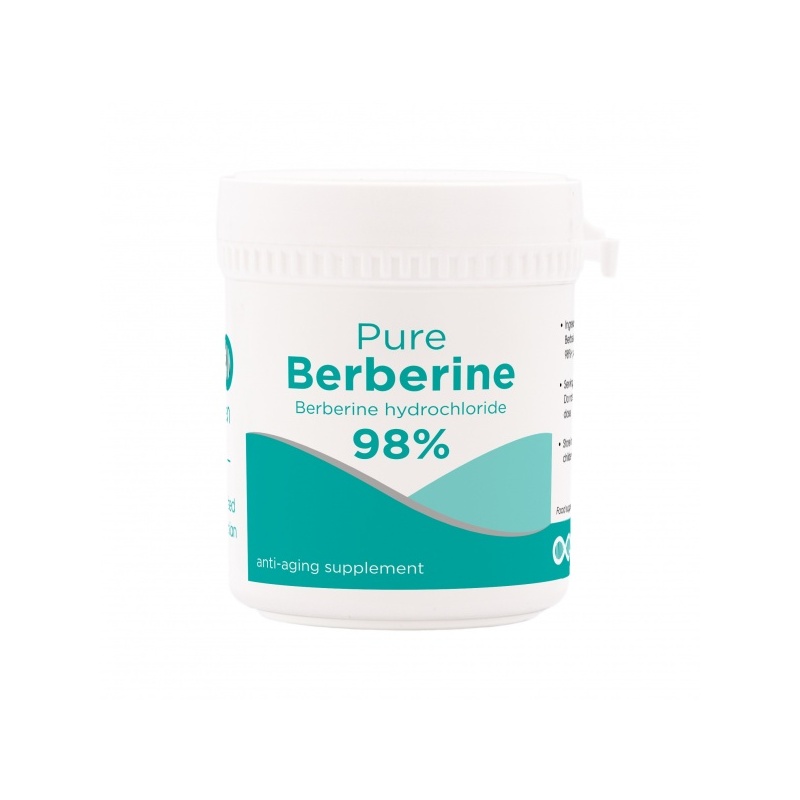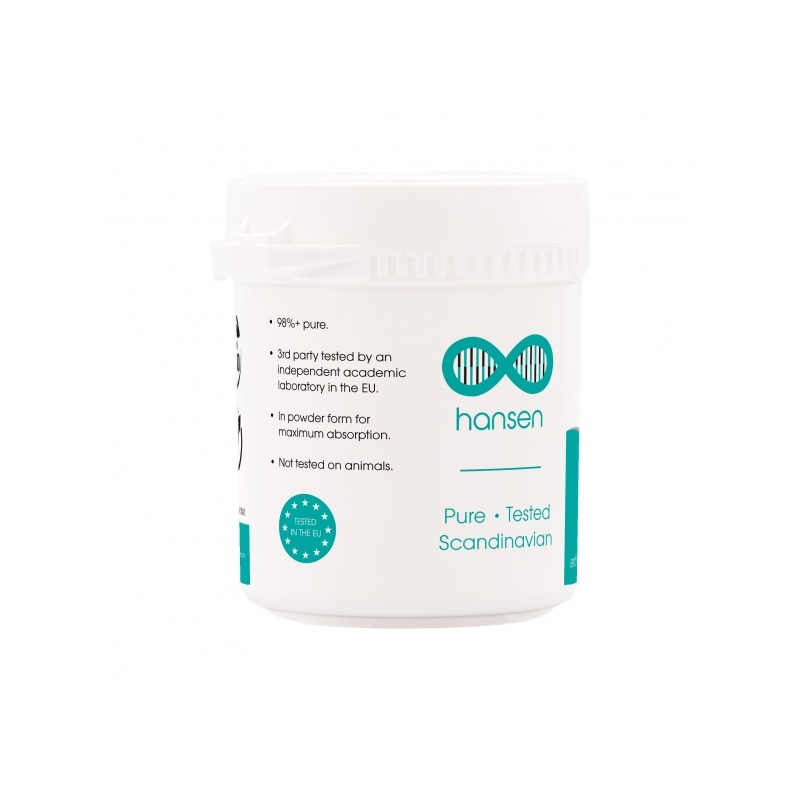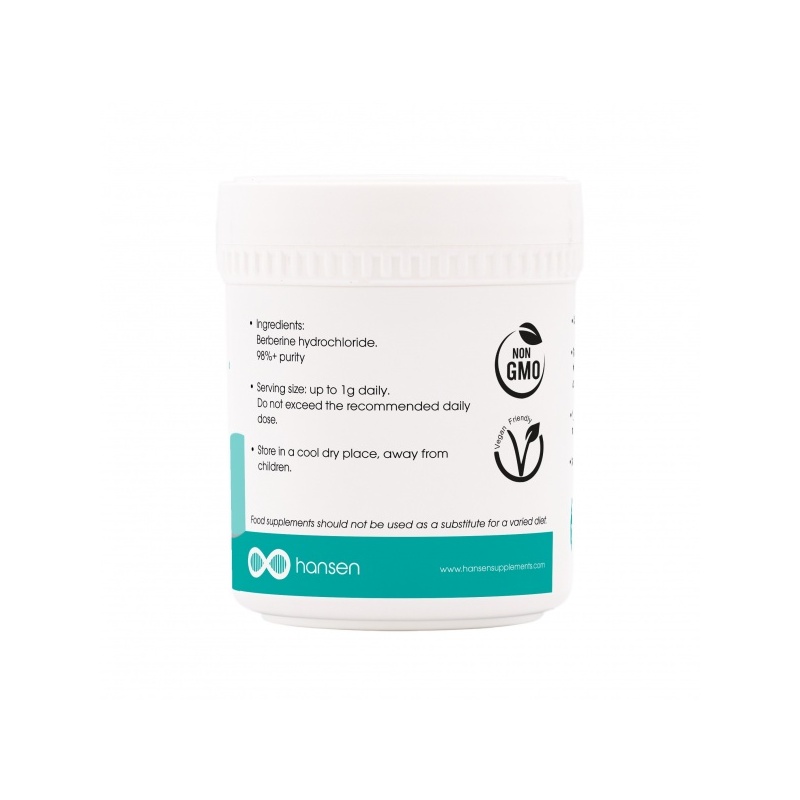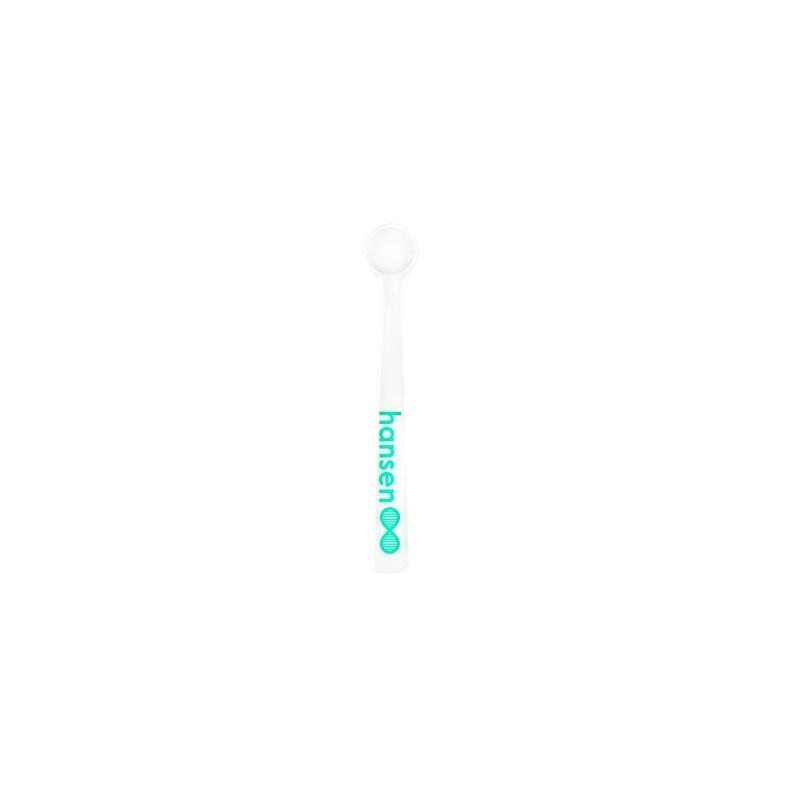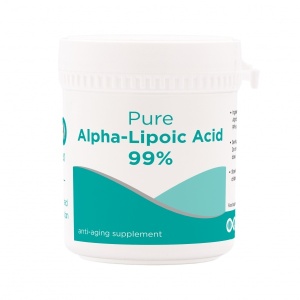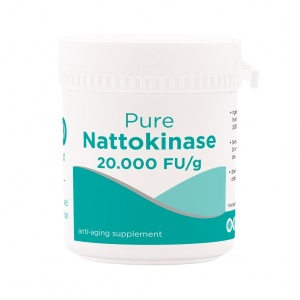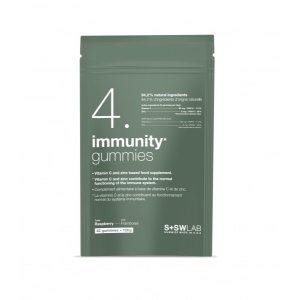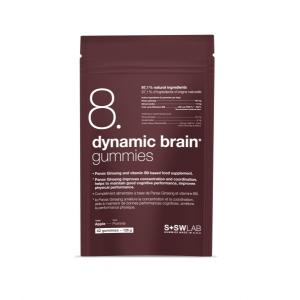Description
Berberine 98% 50g
Berberine is a chemical compound (quaternary ammonium salt from the protoberberine group of benzylisoquinoline alkaloids) found in such plants as European barberry, Tree turmeric, Oregon grape, Goldenseal, Amur cork tree and Chinese Goldthread. Berberine is usually found in the roots, rhizomes, stems, and bark. Due to its yellow color, Berberis species were used to dye wool, leather, and wood.
How does Berberine work?
Berberine is most commonly taken for diabetes, high levels of cholesterol or other fats (lipids) in the blood (hyperlipidemia), and high blood pressure. It is also used for burns, canker sores and liver disease. Berberine may cause stronger heartbeats, which may help people with certain heart conditions. It also may help regulate how the body uses sugar in the blood. This may help people with diabetes. It also may be able to kill bacteria and reduce swelling. The capability of blood sugar regulation is known as an anti-aging effect of berberine. Using Berberine can also help with weight loss.
How to use Berberine?
Purity over 98%. Natural product extracted from bark from Berberis aristata, also known as Indian barberry or tree turmeric. Berberine is very yellow and extremely bitter. We recommend using a spoon dedicated to berberine, since it can color it. The bitter taste can be masked with salty food. Recommended daily dosage up to 1 gram. Do not to exceed the stated recommended daily dose. Store in a cool and dark place, away from children. Free measuring spoon included. The spoon holds 0,35g of berberine and is dishwasher safe. Berberine should not be used during pregnancy and breastfeeding, and must not be given to children. Food supplements should not be used as a substitute for a varied diet.
Berberine is a chemical compound (quaternary ammonium salt from the protoberberine group of benzylisoquinoline alkaloids) found in such plants as European barberry, Tree turmeric, Oregon grape, Goldenseal, Amur cork tree and Chinese Goldthread. Berberine is usually found in the roots, rhizomes, stems, and bark. Due to its yellow color, Berberis species were used to dye wool, leather, and wood.
How does Berberine work?
Berberine is most commonly taken for diabetes, high levels of cholesterol or other fats (lipids) in the blood (hyperlipidemia), and high blood pressure. It is also used for burns, canker sores and liver disease. Berberine may cause stronger heartbeats, which may help people with certain heart conditions. It also may help regulate how the body uses sugar in the blood. This may help people with diabetes. It also may be able to kill bacteria and reduce swelling. The capability of blood sugar regulation is known as an anti-aging effect of berberine. Using Berberine can also help with weight loss.
How to use Berberine?
Purity over 98%. Natural product extracted from bark from Berberis aristata, also known as Indian barberry or tree turmeric. Berberine is very yellow and extremely bitter. We recommend using a spoon dedicated to berberine, since it can color it. The bitter taste can be masked with salty food. Recommended daily dosage up to 1 gram. Do not to exceed the stated recommended daily dose. Store in a cool and dark place, away from children. Free measuring spoon included. The spoon holds 0,35g of berberine and is dishwasher safe. Berberine should not be used during pregnancy and breastfeeding, and must not be given to children. Food supplements should not be used as a substitute for a varied diet.
Similar products
18,30 €
29,53 €
23,33 €
14,00 €
23,33 €
14,00 €

